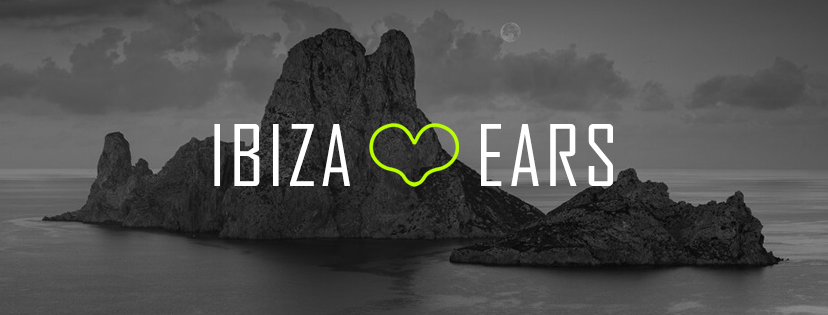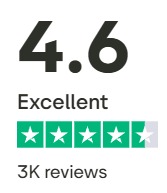Music Students – Protect your most important asset
As a musician, DJ or just a lover of music and going to gigs your ears are one of, if not the most important assets you have. If you expose yourself to loud sound levels for long periods of time you will damage your hearing. Fact!
Have you ever left a gig, club or rehearsal and you seem to hear a ringing in your ears or your hearing has gone dull or muffled? If you have that proves you have damaged your hearing. Unfortunately, even over short periods this damage may become permanent.
Music is all about vibrations in the air and your ears are the main input system so you can listen, create, enjoy and feel the emotions that music brings. Imagine if you couldn’t do this?
Use the best earplugs you can that don’t affect the music fidelity but just turn it down to safe sound levels so you can…. play safe now and hear tomorrow!
Music Teachers – Do you have a duty of care to protect your students?
Yes! If your students, pupils or teaching staff are exposed to sound levels over 85dB you should by law supply suitable and sufficient hearing protection. Solid foam type earplugs are an auditory block and not suitable for musicians. Pacato earplugs are available in two versions which help turn the volume down by an average of 16 or 19dB, but the near flat frequency response doesn’t effect the music fidelity and conforms with European Standards EN 352-2, Module D 2016/425.
For more advice and exclusive education discounts on hearing protection or to enquire about our Hearing Conservation seminars please contact our education team at:
education@ibizalovesears.com
ACS: ‘Play Safe Now – Hear Tomorrow’ Campaign
“Ten years ago, after being told by my ex-wife that I had ‘selective hearing’, I went for a hearing test. I was aware of having tinnitus but was not really prepared for the shock of being told that I had Music Induced Hearing Loss.
The hazards that affect musicians can be compared to those in any other sector. For example: Noise, Manual Handling, Electricity, Slips and Trips and Repetitive Strain Injuries – we could be talking about working in a factory. So raising awareness of these issues is key, and where better to start than in education? In further and higher education, courses such as Hair and Beauty or Engineering cover Health and Safety during Term One, while those involved in disciplines such as Dance and Drama receive musculoskeletal screening. However, the situation in music education is somewhat different.
After ‘retiring’ from playing professionally I went to work in music education and found that occupational health is not firmly embedded into the curriculum. Furthermore, education managers seem to think that foam earplugs are suitable hearing protection for musicians. Would you give dark/tinted safety goggles to a Student doing intricate soldering or using a drill? No. So why give an auditory block to a musician?
In the light of this, ACS launched a campaign for hearing conservation in education and offering affordable high-fidelity hearing protection solutions. This has received positive support from the British Tinnitus Association, Help Musicians UK and Ibiza Loves Ears together with respected music-education institutions including the Royal Northern College of Music, Royal Academy of Music and Chetham’s School of Music.
George Odam, Emeritus Professor at Bath Spa University and Fellow of the Guildhall School, has been a champion of this subject for a while. He recently undertook a research project inquiring into the health of music students. After a one-year pilot study, worrying statistics were found showing that 26% of students had tinnitus and 17% had hearing loss. The seriousness of these statistics needs professional medical investigation.
So, the times they are a-changin’ – but we, with the support of the industry, must challenge those working in music education to raise awareness of the effects of exposure to loud music, so that musicians of the future can work in safe environments and Play Safe Now – So That They Can Hear Tomorrow.”
Jono Heale
Director of Education at Advanced Communication Solutions (ACS)



